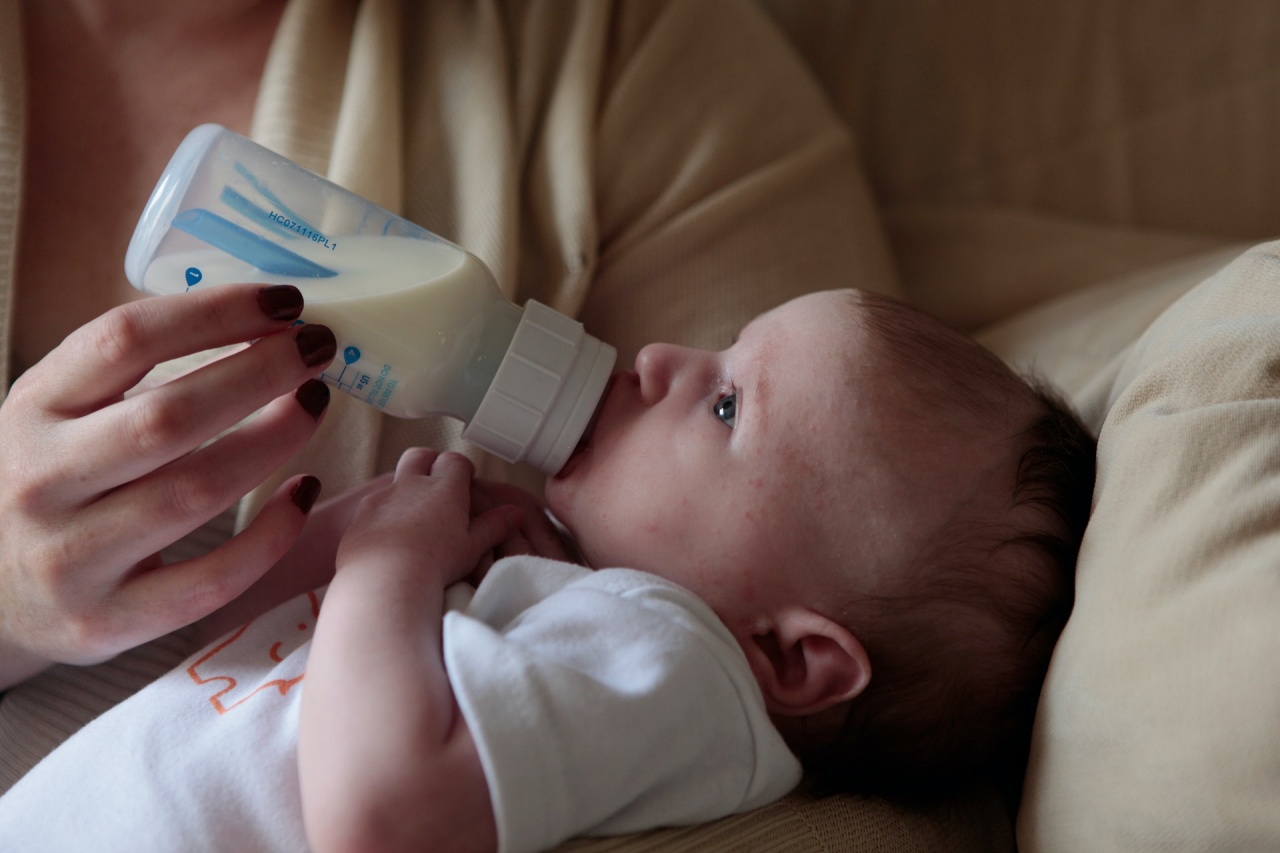Nestle food company announced this week that it will shut down its infant formula manufacturing plant in Ireland as the demand sharply declined. The closure will result in the loss of jobs for about 542 workers.
In particular, Nestle mentioned the lower demand for baby’s milk formula in China due to low birth rates. This situation forced the Swiss food company to reconsider its production.
Wyeth Nutrition Plant Imminent Shutdown
The Irish Times reported that the company made an announcement on Wednesday, Oct. 18, confirming the closure of its Wyeth Nutrition facility in Askeaton, Co Limerick. The firm said it will stop the operations here in the first quarter of 2026.
A research and development (R&D) facility also sits on the site alongside its manufacturing plant, and this was only established four years ago. Unfortunately, this will also be affected, and 51 employees are set to lose their jobs here. At the factory, 491 people would soon be jobless as well.
Wyeth Nutritionals Ireland Ltd. mainly produces infant formula products that are exclusively exported to Greater China and Asian markets. Nestle acquired the Limerick factory in 2012 as part of its $11.85 billion buyout deal with Pfizer Nutrition.
Low Birth Rate in China
According to BBC News, Nestlé explained that the very low birth rate in China affected its profits since the demand is very low, and unfortunately, the firm has to halt production.
Babies born in the country were only half of the number of the usual rate in the past seven years. The country also decided to build its own infant formula market, and this further lowered the demand for imported milk.
“Today, we are announcing a proposal to cease operations in our Wyeth Nutrition infant formula factory in Askeaton, Co Limerick, Ireland by Q1 2026,” Nestle UK and Ireland stated in a press release. Regrettably, today’s announcement means approximately 542 colleagues will be placed at risk of redundancy. To adapt to those changes we are proposing to transfer the production from Askeaton to two existing factories – Suzhou, Mainland China and Konolfingen, Switzerland.”
Photo by: Lucy Wolski/Unsplash



 Alphabet’s Massive AI Spending Surge Signals Confidence in Google’s Growth Engine
Alphabet’s Massive AI Spending Surge Signals Confidence in Google’s Growth Engine  OpenAI Expands Enterprise AI Strategy With Major Hiring Push Ahead of New Business Offering
OpenAI Expands Enterprise AI Strategy With Major Hiring Push Ahead of New Business Offering  SpaceX Prioritizes Moon Mission Before Mars as Starship Development Accelerates
SpaceX Prioritizes Moon Mission Before Mars as Starship Development Accelerates  Global PC Makers Eye Chinese Memory Chip Suppliers Amid Ongoing Supply Crunch
Global PC Makers Eye Chinese Memory Chip Suppliers Amid Ongoing Supply Crunch  Missouri Judge Dismisses Lawsuit Challenging Starbucks’ Diversity and Inclusion Policies
Missouri Judge Dismisses Lawsuit Challenging Starbucks’ Diversity and Inclusion Policies  Nvidia, ByteDance, and the U.S.-China AI Chip Standoff Over H200 Exports
Nvidia, ByteDance, and the U.S.-China AI Chip Standoff Over H200 Exports  TrumpRx Website Launches to Offer Discounted Prescription Drugs for Cash-Paying Americans
TrumpRx Website Launches to Offer Discounted Prescription Drugs for Cash-Paying Americans  Amazon Stock Rebounds After Earnings as $200B Capex Plan Sparks AI Spending Debate
Amazon Stock Rebounds After Earnings as $200B Capex Plan Sparks AI Spending Debate  Hims & Hers Halts Compounded Semaglutide Pill After FDA Warning
Hims & Hers Halts Compounded Semaglutide Pill After FDA Warning  SpaceX Pushes for Early Stock Index Inclusion Ahead of Potential Record-Breaking IPO
SpaceX Pushes for Early Stock Index Inclusion Ahead of Potential Record-Breaking IPO  SoftBank Shares Slide After Arm Earnings Miss Fuels Tech Stock Sell-Off
SoftBank Shares Slide After Arm Earnings Miss Fuels Tech Stock Sell-Off  Washington Post Publisher Will Lewis Steps Down After Layoffs
Washington Post Publisher Will Lewis Steps Down After Layoffs  American Airlines CEO to Meet Pilots Union Amid Storm Response and Financial Concerns
American Airlines CEO to Meet Pilots Union Amid Storm Response and Financial Concerns  Trump Backs Nexstar–Tegna Merger Amid Shifting U.S. Media Landscape
Trump Backs Nexstar–Tegna Merger Amid Shifting U.S. Media Landscape  Tencent Shares Slide After WeChat Restricts YuanBao AI Promotional Links
Tencent Shares Slide After WeChat Restricts YuanBao AI Promotional Links  Rio Tinto Shares Hit Record High After Ending Glencore Merger Talks
Rio Tinto Shares Hit Record High After Ending Glencore Merger Talks 































